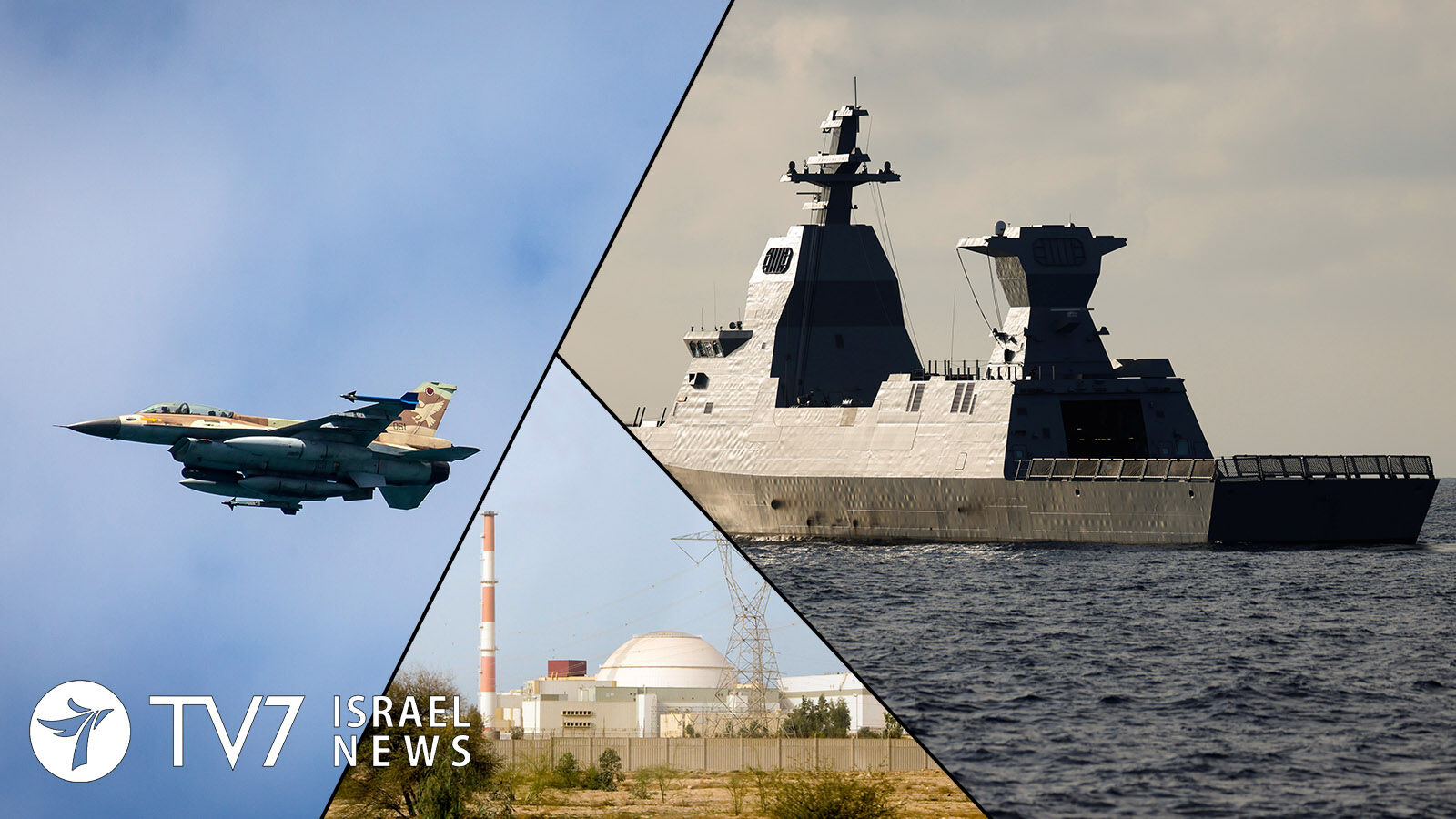Dozens of aircraft will participate in the exercise over the Mediterranean Sea this coming spring.
By Erin Viner
F-15, F-35 and F-16 fighter jets, Gulfstream G550 espionage aircraft and refueling planes are slated to take part in the drill, which is set to be one of the largest ever held by the Israeli Air Force (IAF).
The Israel Defense Forces has confirmed that the large-scale training exercise will include simulated airstrikes on Iranian nuclear facilities, including flights over the Mediterranean ranging as far as 1,000 kilometers (620 miles) away.
The announcement comes amid discussion between Israel and the United States met to discuss a back-up, so-called “Plan B” response in the event that diplomatic efforts to bring Iran back into compliance with the 2015 Joint Comprehensive Plan of Action (JCPOA) agreement fail.
In October, Israel reportedly expanded preparation for a potential IDF military strike against Iran’s nuclear facilities, following passage of the national budget.
IDF Chief of Staff Lt. Gen. Aviv Kochavi revealed in September that Jerusalem has “greatly accelerated” preparations for action against Tehran’s nuclear development program.
“A significant chunk of the boost to the defense budget – as was recently agreed – is intended for this purpose. It’s a very complicated job, with much more intelligence, much more operational capabilities, much more armaments. We’re working on all these things,” the IDF chief said in an interview published by Walla News.
Stressing that “Iran is only 2 months away from acquiring the materials necessary for a nuclear weapon,” Lt. Gen. Kochavi said Israel must have “a viable ‘Plan B’ in order to stop Iran in its tracks” from reaching atomic bombs capability while it remains unclear if the Ayatollah regime intends to negotiate a new agreement with the international community.
Brigadier General (res) Relik Shafir affirmed that Jerusalem has the capability to severely damage Iran’s nuclear program while stressing the gravity of such action.
Gen. Shafir. was one of 8 Israeli Air Force (IAF) pilots who destroyed Iraq’s Osirak nuclear reactor on 7 June 1981.
In an exclusive interview with TV7 Israel: Watchmen Talk host Amir Oren, Shafir said that Israel would be able to overcome deliberate efforts by the Islamic Republic to repel foreign attacks on its atomic facilities.
“I think the Iranians have planned their nuclear program in such a manner that it would take weeks, probably, of intensive warfare to neutralize their capabilities for a long time. It would take air superiority; it would take bombing of well dug sites that are spread all over Iran to make the blow such that it was irrecoverable,” he said, going on to advise, “We should think of it that way, that as far as the Air Force is concerned, a target – if it is important enough to take out, then the Air Force knows how to channel its energy towards that particular mission. So, I would say yet, it is doable – a lot of damage – with a price that we have to be ready to pay.”
General Shafir estimated that at least 25% of IAF service members would need to be involved in the execution of such an offensive operation, that he cautioned should only be exercised as a last option.
